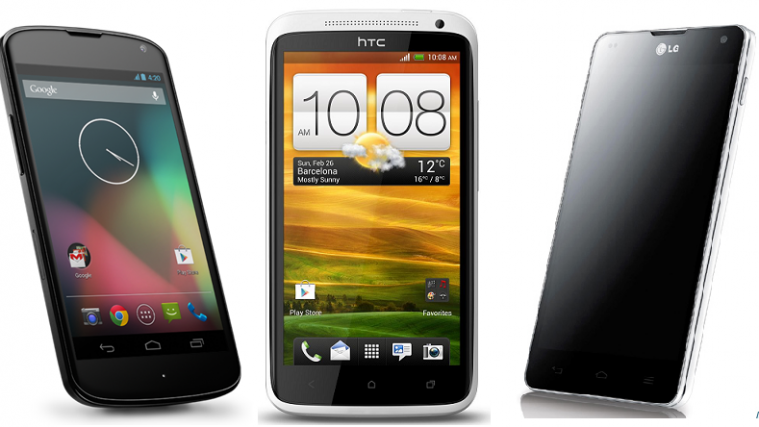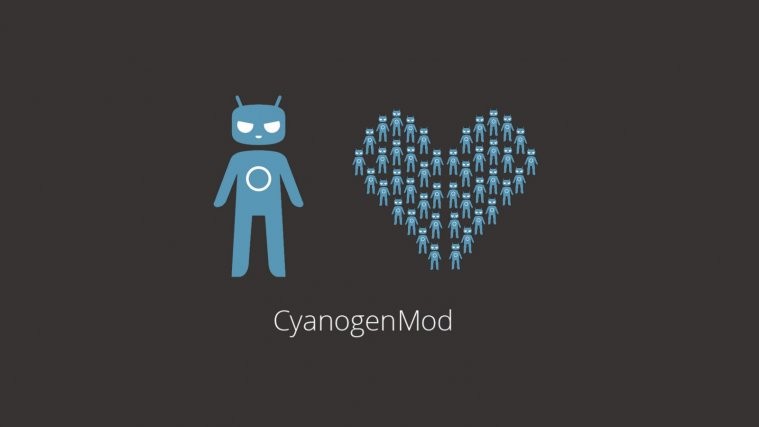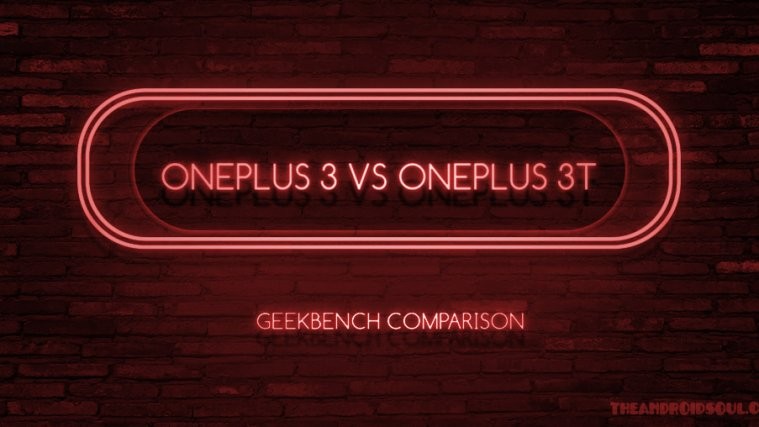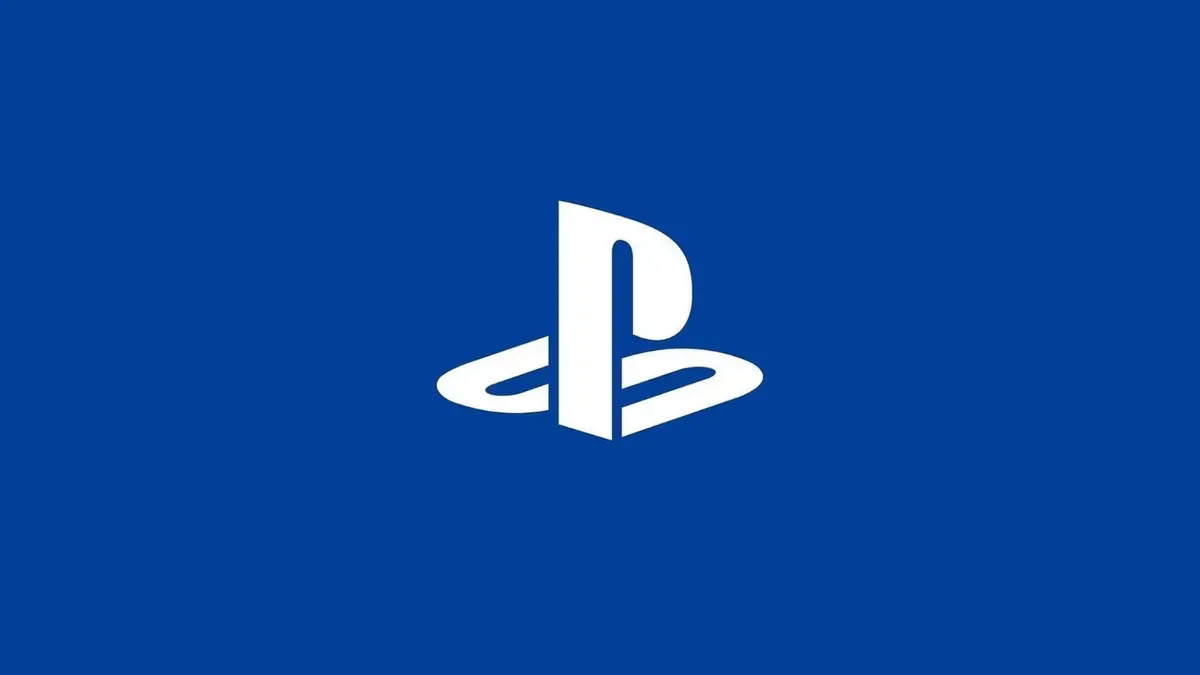The LG Nexus 4, the latest Nexus phone from Google, has barely been announced a few days ago, and has already become a yardstick for comparison with other/older high-end smartphones, which may have been enjoying the limelight, or in some cases, even ruling the roost till the Nexus 4 came along to spoil the party (Just Like Hurricane Sandy did).
We recently published a detailed comparison between the Nexus 4 and the Samsung Galaxy S3, and thought it would be a good idea to do a similar one, but this time with a slight twist. We would be comparing three devices, one being obviously, the Nexus 4, the soon to be released LG Optimus G, both current phones, and the last one being HTC’s flagship device for 2012, the HTC One X. While the Nexus 4 and LG Optimus have just been announced, the HTC One X has been around since Q1 of this year, and is still going strong. Not a mean feat in the current age where technology is just about good enough till the next super-phone comes along. So without any more ado, let’s jump right in to see how these three devices match up against each other.
Nexus 4 vs One X vs LG Optimus G: Hardware
Processor
Both the Nexus 4 and Optimus G, use the powerful Snapdragon S4 Pro quad-core processor clocked at 1.5 GHz coupled with 2GB RAM, while the HTC One X is powered by the NVIDIA Tegra 3 SoC with a 1.5 GHz quad-core ARM Cortex-A9 CPU and 1GB RAM. The HTC One X CPU is not a slouch by any standards, considering it could wipe the floor with the mighty Samsung Galaxy S3 for almost all of 2012. While the clock speed is the same across all three handsets at 1.5 Ghz, the Snapdragon S4 Pro chip has been found to perform better than Nvidia’s Tegra 3 in most benchmark results. The Snapdragon S4 Pro is also more recent technology than the Tegra 3, with the Optimus G and the Nexus 4, both being among the first devices to use it.
Winner: Tie between Nexus 4 & Optimus G!
RAM
With 2GB RAM packed into both, the Nexus 4 as well as the Optimus G, the HTC One X, capable as it may be, does not stand a chance against the young turks from LG. Keep in mind though that that the HTC One X is about 10 months older, and was released at a time when 1GB RAM was standard for high-end phones. It was also one of the first Quad-core phones to hit the market, and was unchallenged till the Samsung Galaxy S3 came along.
Winner: Tie between Nexus 4 & Optimus G!
Display
This is where it could get interesting. Again, both the LG siblings share the same 4.7″ True HD IPS+ 1280 x 768 display. The HTC One X also has a 4.7″ 1280 x 720 IPS display but packed with the Super LCD2 technology, which was and still is considered by many to be the best display on a mobile device ever. But then, color perception on a display is a matter best left to personal tastes.
Winner: All three pack the best tech commercially available for mobile devices, and look great.We’ll call this one a tie!
Camera
All the three phones house an 8 megapixel shooter, coupled with an LED flash. So numbers wise, it’s not really a contest anyway. But camera enthusiasts have always stated that just the megapixels do not make a great camera, and it is definitely true. While the HTC One X is capable of some fantastic outdoor as well as low-light condition shots, the Nexus 4 or the Optimus G haven’t been put to the real-life test yet for any comparison to be drawn. However, one key differentiator between the three, is the fact that the Nexus 4 will ship with the latest flavor of Jelly Bean – Android 4.2 which comes with some all-new enhancements and additions to the camera software like Photo Spheres, and ability to pin a sphere to a Google Maps location. This does give the Nexus 4 an edge over the Optimus G as well as the One X. But due to the lack of any real life shootouts between the three, we’ll call it a tie again, pending photo samples.
Winner : Tie
Other factors:
| Features | Nexus 4 | Optimus G | One X |
| LTE | No | Yes | Yes |
| Dimensions (mm) | 133.9 x 68.7 x 9.1 | 136.6 x 70.6 x 8.6 | 134.36 x 69.9 x 8.9 |
| Micro SD card support | No | Yes | No |
| Battery | 2100 mAh (Non-removable) |
2100 mAh (removable) |
1800 mAh (removable) |
| NFC | Yes | Yes | Yes |
| Notification LED | Yes (Damn sweet!) |
Yes | Yes |
While we tend to be a bit biased towards Nexus devices, in this case we feel that the Optimus G takes the cake, with its expandable memory support, removable and hence easily replaceable battery and the fact that it is the thinnest (although marginally longer than the other two).
Winner : LG Optimus G!
Nexus 4 vs One X vs LG Optimus G: Software
The Nexus 4, like the Galaxy Nexus, is Google’s platform to showcase Android 4.2, the latest iteration of Jelly Bean to the world, and will come preloaded. The Optimus G on the other hand launches with Android 4.0 Ice Cream Sandwich, and gets the update to Android 4.1 shortly post launch. The HTC One X has just started getting the update to Android 4.1, and in that sense it scores ahead of the Optimus G.
Like all Nexus devices, the Nexus 4 will sport the pure, stock Android UI that it is known for, while the HTC One X comes with HTC’s awesome Sense 4+ UI, one of the visually best and user-friendly OEM UIs around. The Optimus G comes with LG’s Optimus UI 3.0. While the stock UI of Nexus is awesome, HTC’s Sense is an excellent example of how well an OEM overlay blends with the OS so completely that there are no visual traces of the Stock UI at all. LG’s Optimus UI is a relatively new overlay, and has been considered by many as a big improvement over previous attempts at a custom overlay for its devices.
But since we are looking at the overall software capability as a whole, the Nexus 4 emerges as a clear winner by virtue of running the latest version of Android, which other, especially non-Nexus devices won’t be getting for at least another 4-5 months, in our opinion, considering most devices are still running either Android 4.0 or the original version of Jelly Bean Android — 4.1.1.
Winner : Nexus 4
Software Updates
Timely software updates or the lack of them has always been a burning topic in the Android world, aggravated by the fact that in a lot of cases, the updates need to be passed through the carriers for testing, especially for carrier-locked devices, before they are finally pushed out to the masses. Nexus devices, any Nexus device for that matter, are a privileged lot, and are the first ones to get the latest updates, long before other devices can even be considered for the update, definitely long before they actually get them. Case in point, my 10 month old Galaxy Nexus has already been updated to Android 4.1.2, ready to take the leap to Android 4.2 soon, but the latest offering from LG, the Optimus G, which is at par with the Nexus 4 on all the hardware fronts, is still running Android 4.0, and will probably need to go through two more updates before moving up to Android 4.2. If you’re comparing devices based on promptness of software updates, and if there’s a Nexus device in the fray, there is no point on going further with the comparison
Winner: Nexus 4
Nexus 4 vs One X vs LG Optimus G: Device Build Quality
While we are yet to experience the first-hand feel of the Nexus 4, release pics are certainly very impressive looking. Dark colors typical of a Nexus device, rounded edges and form factor reminiscent of the Galaxy Nexus and the usage of glass on the back panel all give the device a very premium look and feel. The LG Optimus G on the other hand, has a more uniform slab-like design, with a combination of glass, metal and high-quality plastic used. The device feels light and thin, but strong enough to not give the impression of being fragile. Everything seems in place, and gives a solid, but rich feel all around. HTC has always been known to produce phones with either awesome build quality, like the HTC Sensation or any of its variants, or abysmal build quality, like the HTC Desire with its flimsy back panel. In the case of the HTC One X, build quality falls well above the former, with its sleek unibody design, delicately rounded edges and the sturdy feel of the polycarbonate body. In short, the HTC One X exemplifies one of the best designs and build quality that HTC has applied to an Android smartphone to date. Weight wise the One X comes in as the lightest with 130g, the Nexus 4 at 139g and the Optimus G at 147g. The usage of glass in both the LG handsets could have attributed to the increase in weight.
All considered, again, this would come down to personal preferences on design, looks and weight, and while we are inclined to nominate the Nexus 4 as a winner, we will give HTC and LG both credit for the excellent build quality they have incorporated with the Optimus G and the One X, and call this one a tie too.
Winner: Tie again
Nexus 4 vs One X vs LG Optimus G: Price
No contest here. The Nexus 4, while running more or less the same specs as the competition is a steal for $299 (8GB) and $349 (16GB). And yes, those are unlocked and SIM-free prices. You probably won’t get a decent mid-range handset for that price if you want to go the SIM-free way, and here you get Google’s latest and greatest, running the most up to date version of Android currently, with just another device (And that would be a Nexus too) which will be running it for the time being. The unlocked version of the HTC One X still goes for $450+ and an unlocked Optimus G from AT&T can be pre-ordered for $545.
The Nexus 4 is an outright winner in the price department, not just because it has the lowest price tag, but because of all the value it brings along with it for that price — being a Nexus device first and foremost, the ability to get the latest software updates first, a sleek and visually appealing design, awesome firepower under the hood, and being the first and only phone in the world to run Android 4.2 currently.
Winner : Nexus 4
Conclusion
Nexus 4 wins!
Not surprising, considering it is the shiniest and newest product with Google’s personal blessings, which include Android 4.2. Also not surprising, considering the kind of features, value, horsepower and top-notch hardware that you would be getting for a $300 device. If there was ever a great balance that Google has struck between value and price after the Nexus 7, it would have to be with the Nexus 4. It may lack LTE, expandable memory, or high internal storage options like a 32GB variant, the sheer virtue of being a current Nexus device, guarantees the upgrade to Android 5.0, and most probably the next version after that too, and more importantly, being the first device to get there.
In a phone comparison, there would always be differing views based on personal experiences with a device, and we’re sure you may have a lot of your own views to add to this as well. Hit us with your comments and views below; we’d love to hear them.






